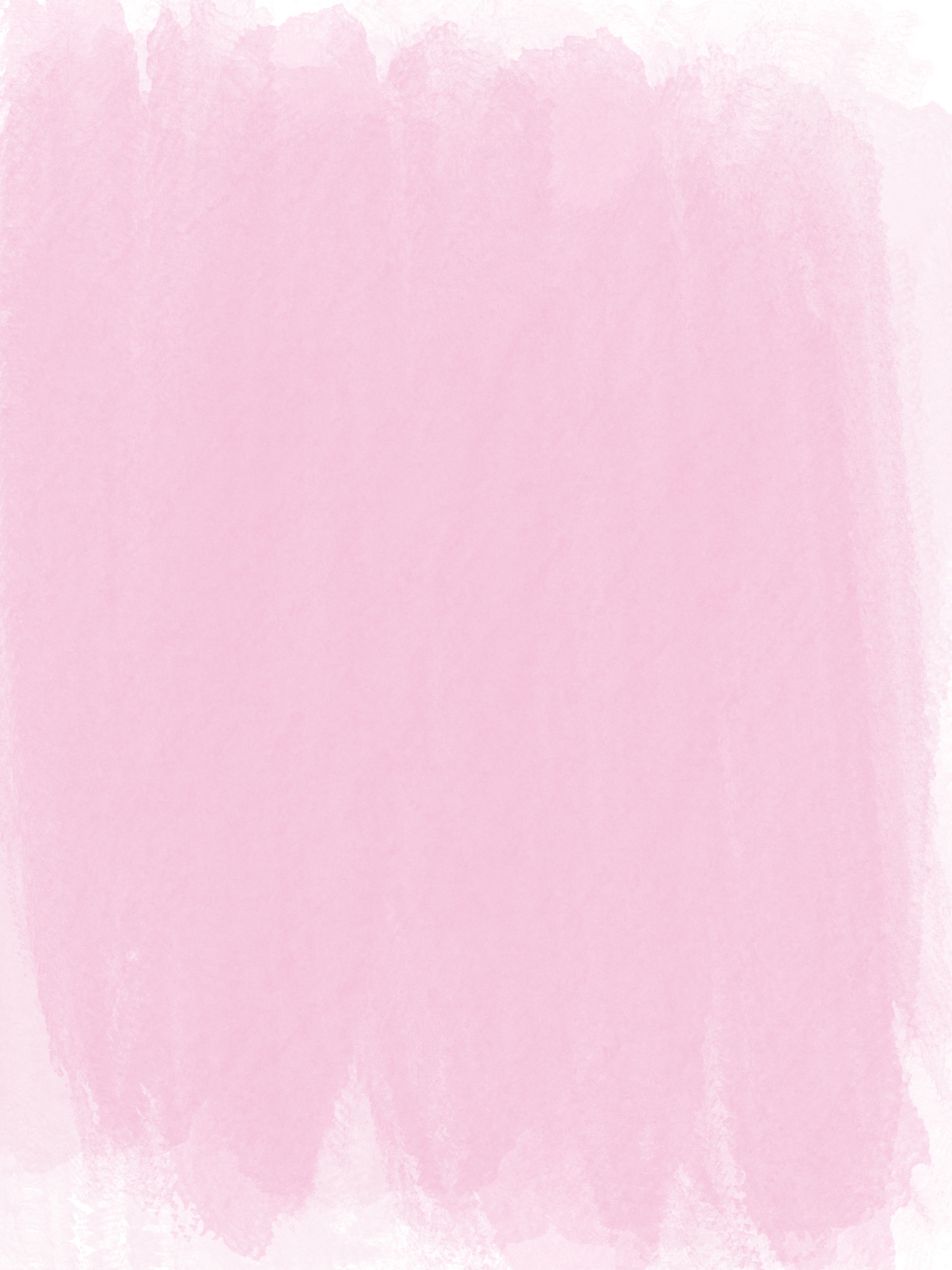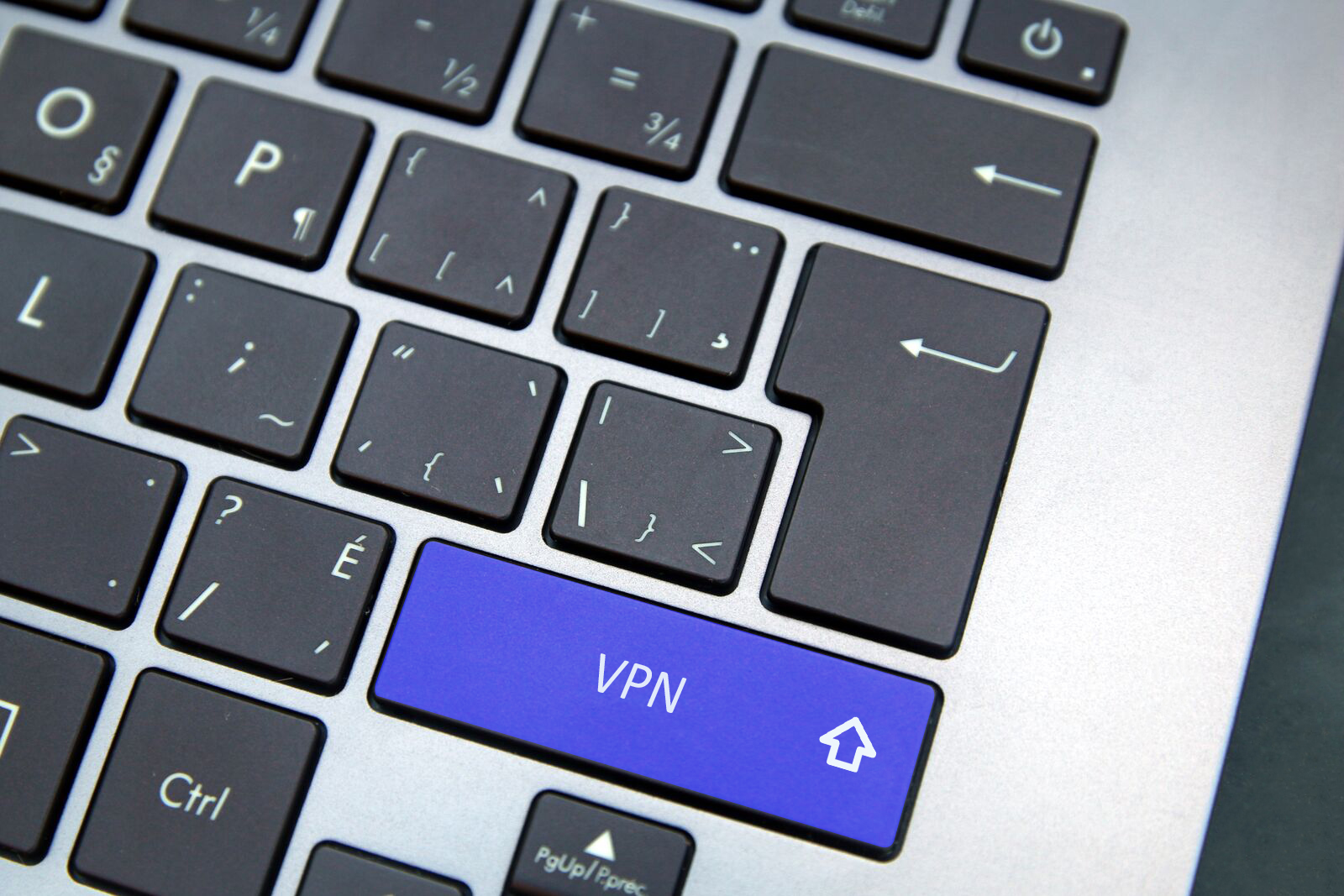The Digital Cloak of Invisibility: VPNs Explained
Every couple of years my mom likes dragging me and my sister to her homeland. Well, not so much drag because it is fun visiting her family and travelling outside of the country. But for a social media addict like myself, spending two weeks in Beijing also means giving up contact with my life at home. In other words, it’s a drag.
I’m the kind of person who, when flying 14 hours across the Pacific Ocean, doesn’t dread the turbulence or minimal leg room or stale air as much as I dread having to catch up with the half day of Instagram posts I missed while in airplane mode. Like I said, addict.
I panicked when I learned that visiting my grandparents meant giving up Instagram, Snapchat, Facebook, Twitter, Google and essentially my life. Thus, began my spiral into the web to find any way to stay online. This is how I learned what a VPN is.
VPN stands for Virtual Private Network and is a service that encrypts data before it reaches your Internet Service Provider. A VPN basically functions as a buffer between you and the rest of the Internet. It was the answer to my prayers.
Everything you do online with a VPN will filter through that network before it actually touches the world wide web. Your online actions will appear to come from the VPN instead of your computer and actual location – it’s like wearing an invisible cloak while weaving in and out of the Wikipedia rabbit hole or stalking an ex or crush (your choice here) so deep on Facebook you’ve somehow landed on the profile of their best friend’s brother’s karate teacher’s ex-husband’s daughter.
Using a VPN lets you exist on the Internet without being tracked, monitored or identified. It allows me to circumvent the Great Firewall of China and remain in the land of drunk Snapchat stories and Twitter memes.
But I learned after a bit of research into how these networks operate that you’re actually supposed to use a VPN no matter where you are — it’s not just about getting around censorship.
It’s how we can take Internet privacy into our own hand and is even more important when you’re using a public wifi hotspot. You might connect to Starbucks’ free wifi without a second thought, but I doubt you’d let the entire coffee shop’s visitors watch your screen as you browse. Without a VPN, you might as well.
Downloading a VPN app on your phone is as easy as shielding your computer screen away from the bearded guy in skinny jeans drinking his Grande Nitro cold brew with almond milk.
Some fast facts. There are many options when choosing an app. (I used Betternet VPN — which offers a free trial — while liking Instagrams between bites of my grandma’s homemade dumplings). VPNs have different protocols that offer various levels of security, the most secure one being OpenVPN. Although VPNs generally charge a monthly fee of $5, if you think about it, that’s less than half a Netflix subscription.
VPNs of course don’t solve the bigger issue of Internet privacy, but they are one extra protection you can take. Just like sunscreen. The Internet might not be the dangerous home of kidnappers and drug dealers our parents painted it to be when we were running home to log onto MSN, but it’s definitely not safe.
Getting hacked can happen to anyone, but the good thing is, you don’t have to put 12 passcodes on your laptop or give up social media entirely. You can just get a VPN.


